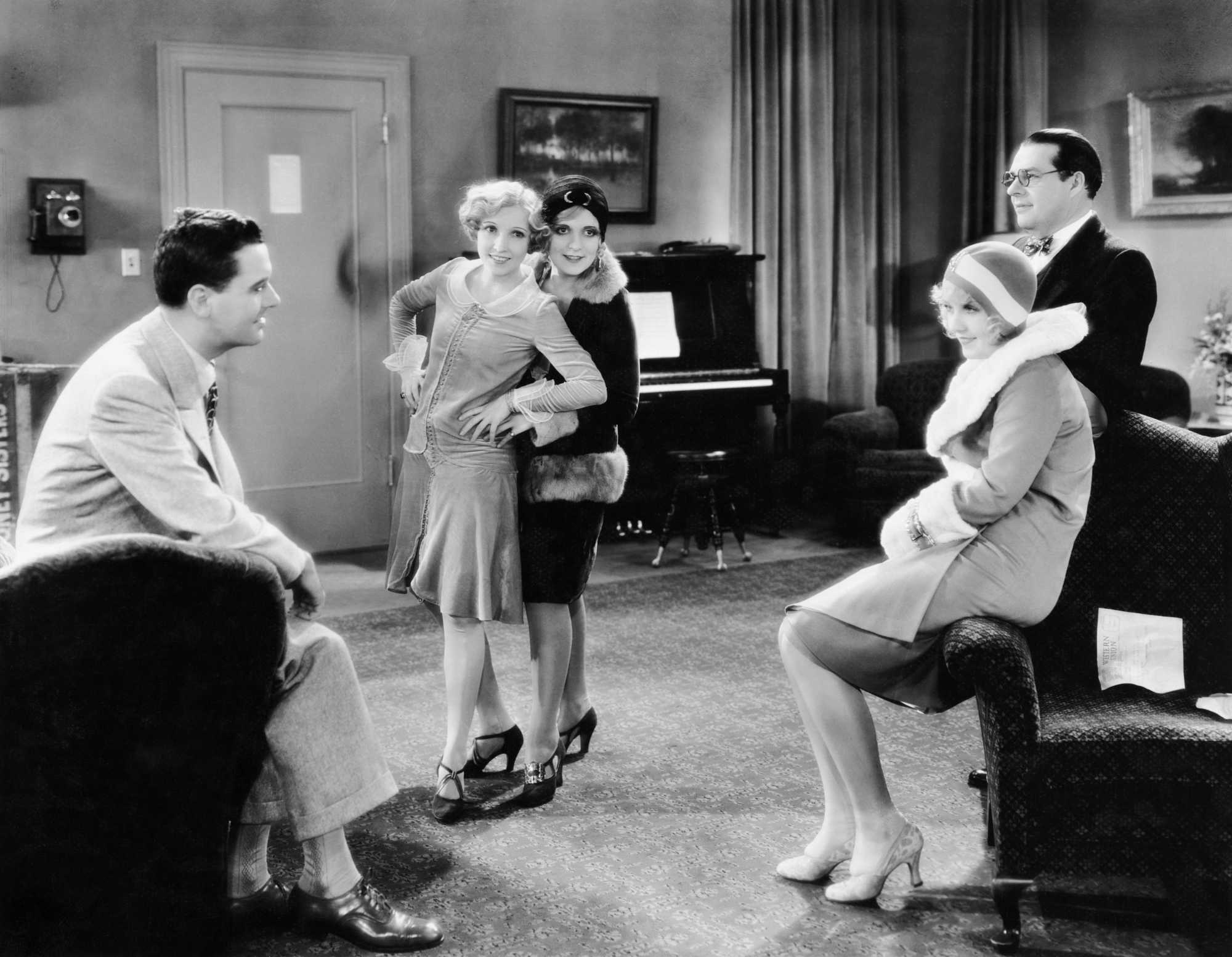
Oscars: 5 Best Picture Winners Forgotten to Time That No One Talks About
The Best Picture win at the Oscars is the highest prize in the film industry. However, some films manage to take home the top award, yet they still don’t manage to stand the test of time. There are some Best Picture winners that no one talks about, even though they’ll always be a part of Academy Award history.
‘The Broadway Melody’ (1929)
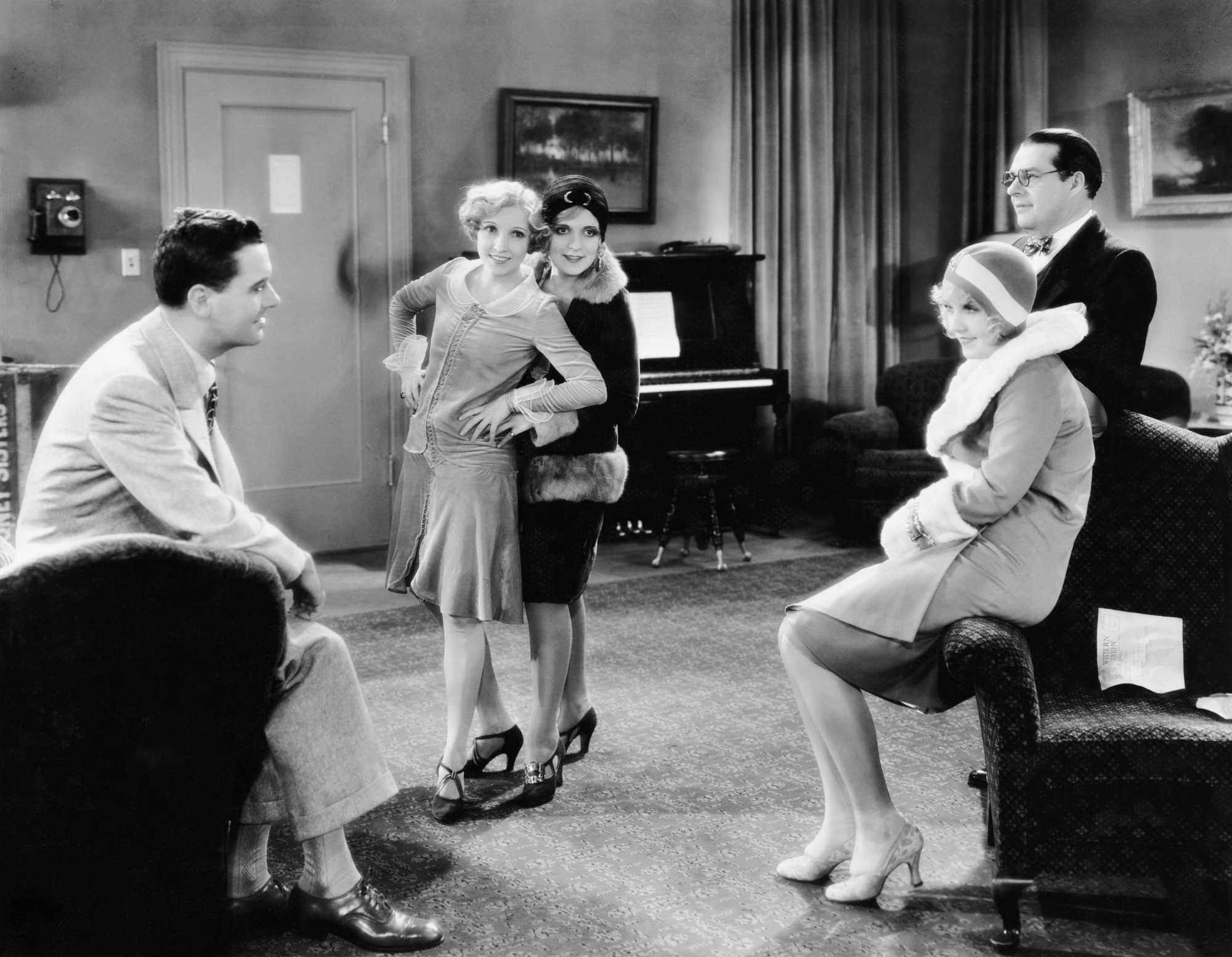
Harriet ‘Hank’ Mahoney (Bessie Love) and Queenie Mahoney (Anita Page) are vaudeville sister performers looking to break into the Broadway scene. However, romantic melodrama quickly overshadows their attempt to pursue fame as a duo.
The Broadway Melody is the second film to win the Best Picture Oscar, with only Wings coming before it. Unfortunately, it doesn’t stand the test of time. The story and characters stringing the dance sequences together aren’t captivating enough to carry it, making it a rather forgettable winner.
‘Cimarron’ (1931)
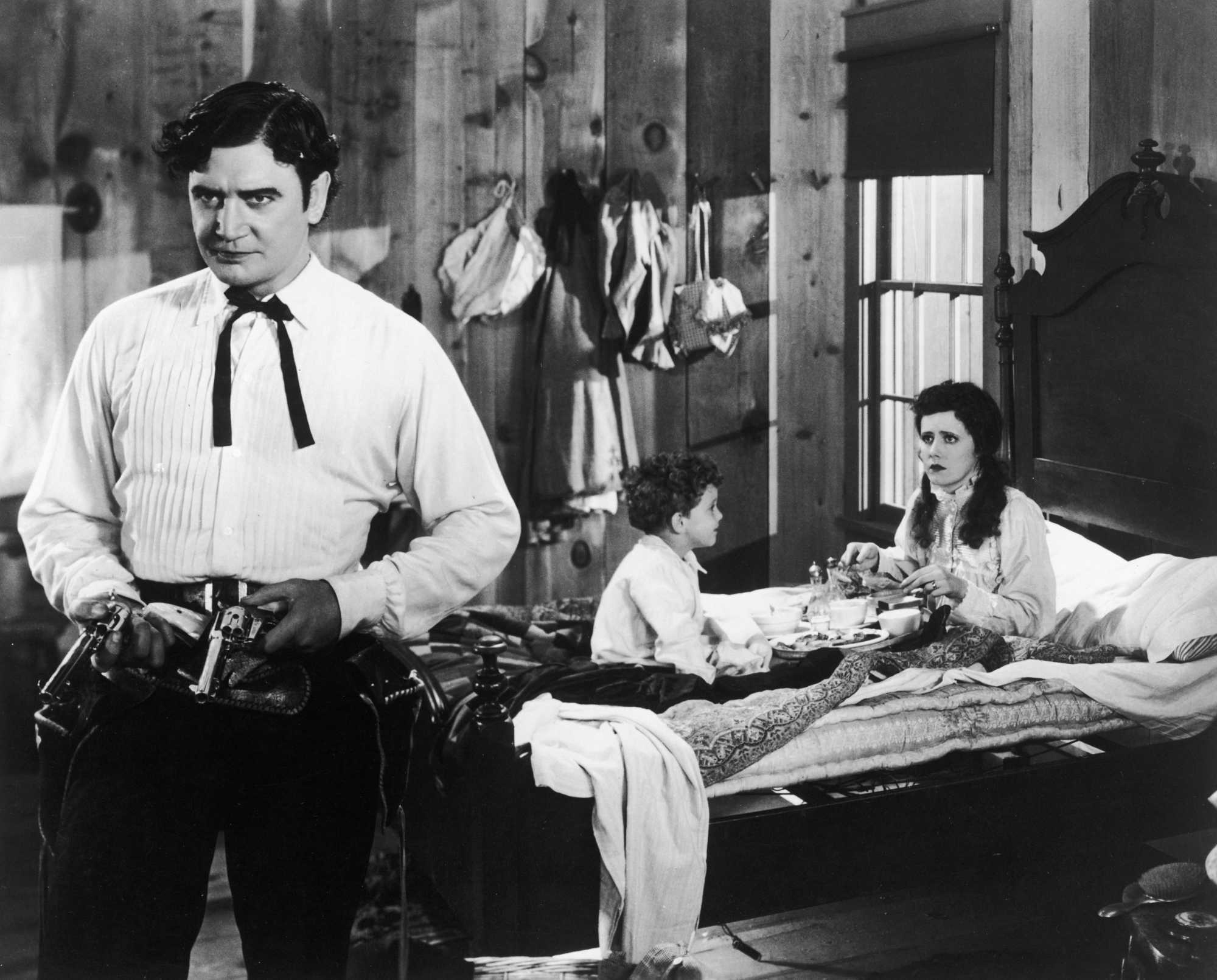
Sabra (Maria Schell) goes against her parents’ wishes when she marries a cowboy named Yancey Cravat (Glenn Ford), then moving to Oklahoma to participate in a land rush to claim land taken from the Native Americans. His career move from newspaper editor to the run for governor becomes increasingly complex.
Cimarron is another early Oscar Best Picture winner that doesn’t age well, especially with its racially insensitive stereotypes throughout. Perhaps there’s a reason why this award winner is frequently left out of the conversations.
‘Cavalcade’ (1933)
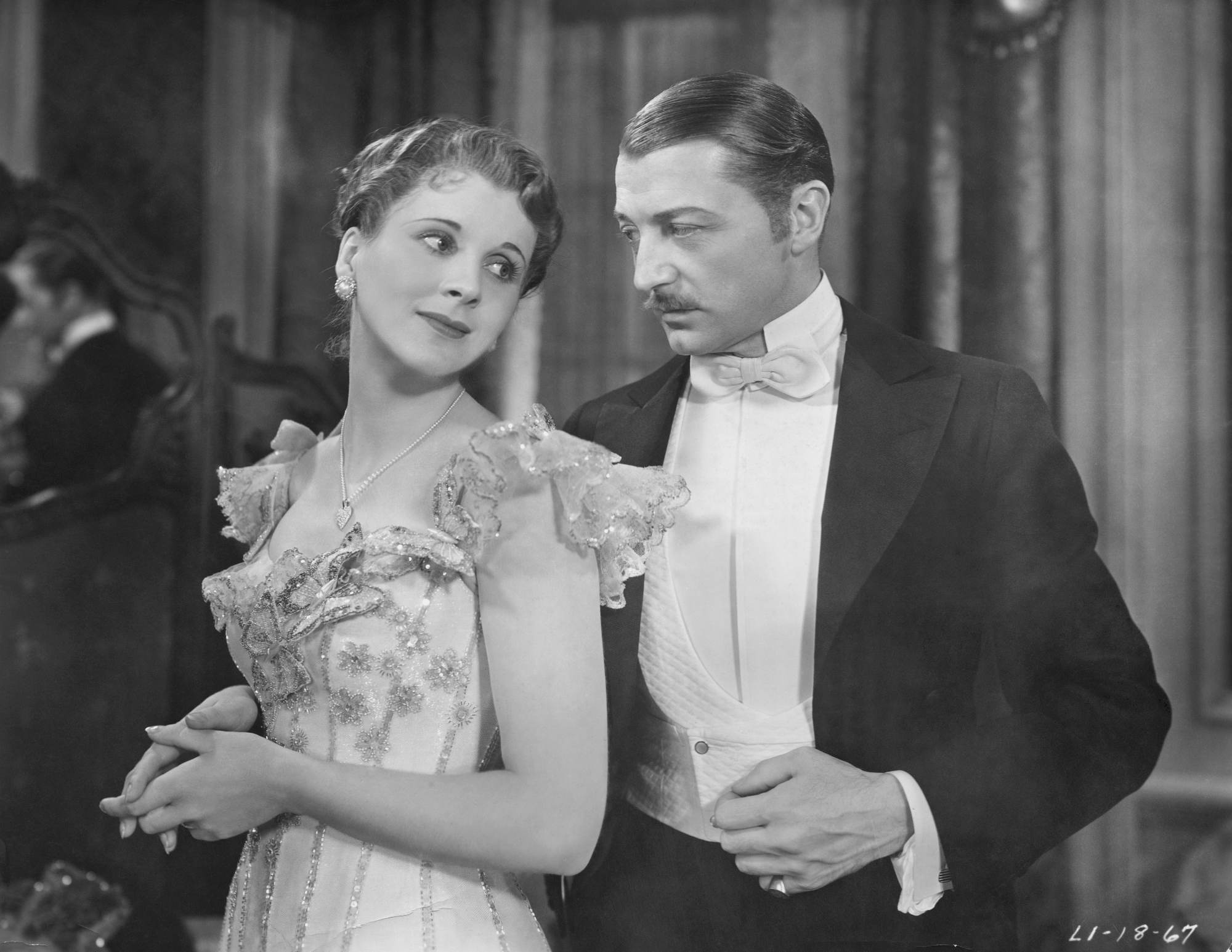
Robert (Clive Brook) and Jane Marryot (Diana Wynyard) and working-class couple Alfred (Herbert Mundin) and Ellen Bridges (Una O’Connor) experience the ups and downs of life, as a result of the Boer War.
Cavalcade tries to pack as much of an emotional punch as possible, but it comes across as clunky and insincere. Its unintentional camp factor, especially as it relates to the Titanic, drags this film down as an awkward Best Picture winner that doesn’t enter the conversation much.
‘The Great Ziegfeld’ (1936)
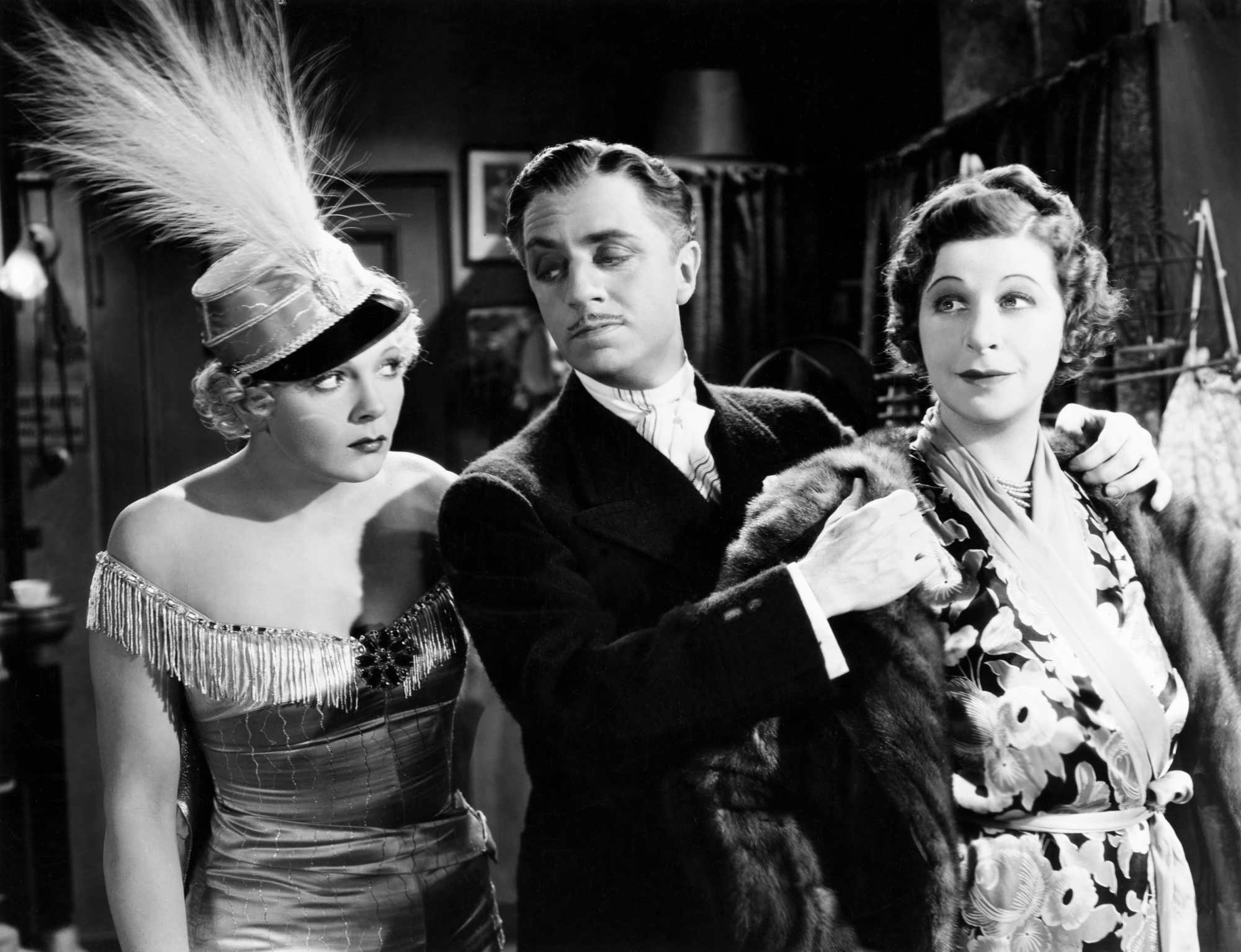
A biopic that explores the rise of Florenz Ziegfeld (William Powell), a theater producer during the 1920s. He went on to create some substantially successful shows with his Ziegfeld Follies on Broadway, while he simultaneously experiences a love triangle.
The Great Ziegfeld is a long biopic that uses the genre’s tropes as a crutch. It has a unique visual style, but its intimidating runtime alienated many audiences. Its musical numbers can’t even save it, making it a Best Picture winner that doesn’t get much chatter.
‘Going My Way’ (1944)
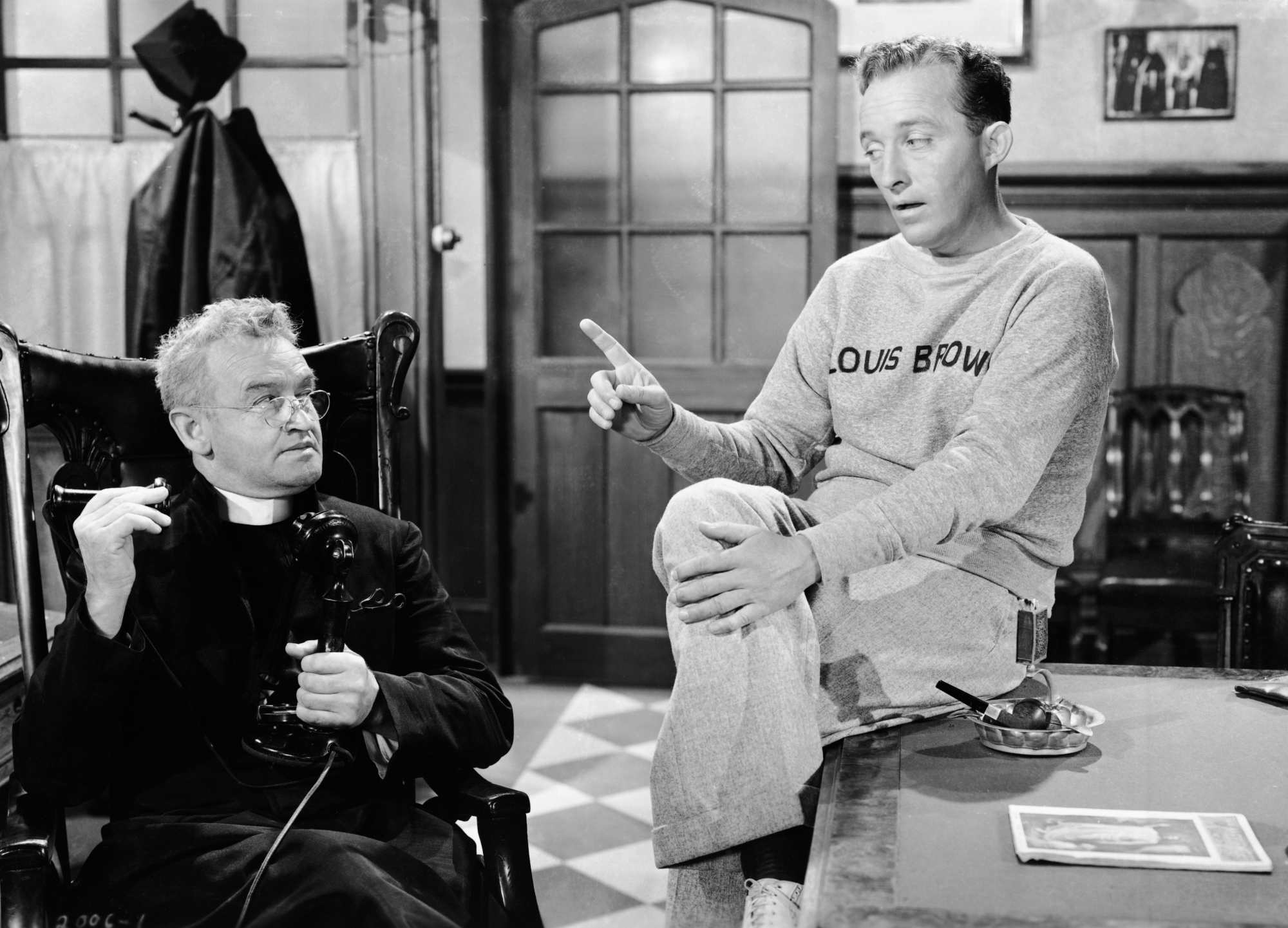
Father Charles O’Malley (Bing Crosby) is a charismatic young priest who gets positioned in a tough neighborhood parish in Manhattan. However, Father Fitzgibbon (Barry Fitzgerald) believes that his methods may be a tad problematic. Father O’Malley works to be a good role model for young boys, forming a choir.
Going My Way finds its groove with Crosby and Fitzgerald’s performances, but the film is overly-sentimental. Billy Wilder’s Double Indemnity lost the Best Picture Oscar to the religious film, which overshadows its legacy. Despite winning seven Academy Awards, it simply doesn’t hold up as part of the conversation.


